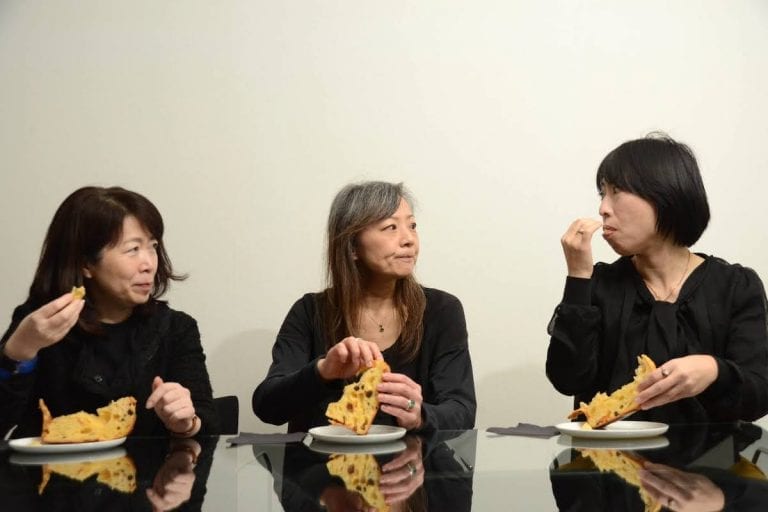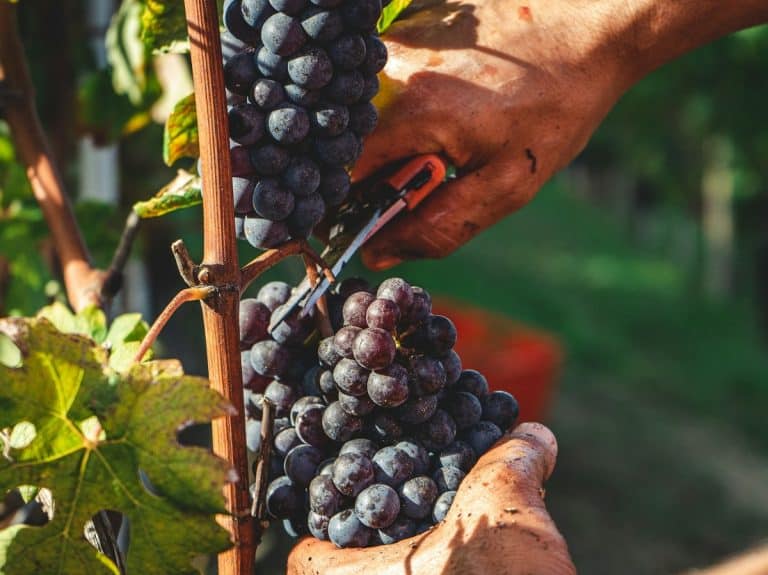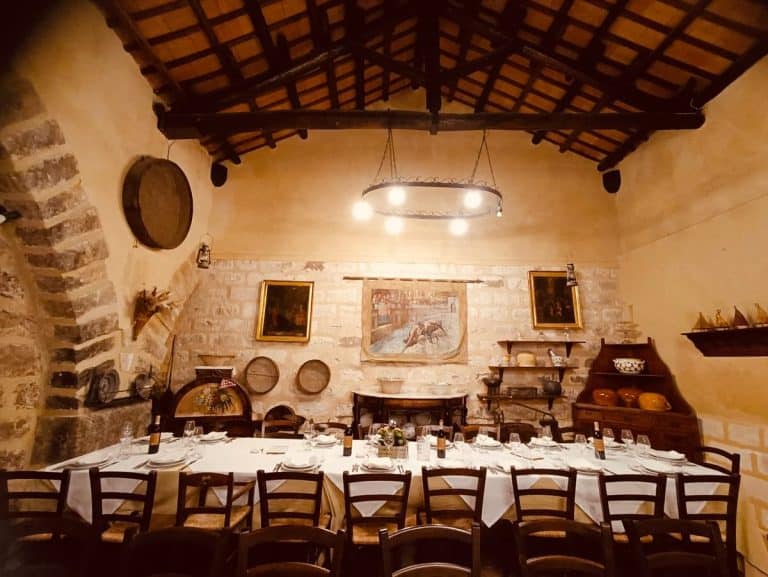While in Italy the last lonely Panettone of the season sit on supermarket shelves like soldiers who have not been told that the war is over, eventually sold at low prices and then sadly ending up being part of nostalgic breakfasts, in other parts of the world the famous Italian cake doesn't seem to suffer so strongly from seasonality. On the contrary, it becomes increasingly the object of new attention. One of the new frontiers for the Milanese Christmas cake appears to be Japan, where this winter an association was born with the aim of promoting and spreading the word.
Panettone Society
Behind the ambitious Panettone Society project are three women, all food experts and in love with Italy: Ms. Rie Yagi, founder of Ridea Co. (PR company specialised in food and wine events) and organiser of seminars on the cuisine of great Italian and Japanese chefs; Ms. Kaori Shibata who after graduating from the University of Gastronomic Sciences in Pollenzo was - until March 2020 - the Director in the food sector for Mitsukoshi Isetan Research Institute Co, subsequently founded Kotodama Press Co., whose purpose is providing useful information and experiences on food; and Ms. Manami Ikeda, food writer who has lived in Italy, in Florence since 1998. Ikeda is the author of several books, including L’Italia dei dolci regionali and Vienna's elegant Cafè & Sweets. Her writing appears in gustitaweb.com (a site with a Japanese audience and which provides information on the Italian gastronomic world).
How Panettone is perceived
It was with Manami Ikeda that we talked about how panettone is perceived in the East, and what the association's projects are to promote it. "Japan has begun to show strong interest in traditional Western desserts, replacing the fresh sponge cake and whipped cream that the Japanese used to buy and eat on December 24, with traditional European desserts of longer conservation, which are enjoyed throughout the month of December, if not throughout the year," she said. "Panettone," she continued, "is still little known in Japan but due to its characteristics, the softness of the dough, the fragrance and the versatility in the combination with different beverages, without neglecting the undoubted elegance on the table, it deserves and could have greater diffusion." The cake, however, is still not widespread in pastry kitchens. "Despite the interest," continued Manami Ikeda "Many Japanese pastry chefs still refrain from trying to produce Panettone, due to the complexity of the recipe."
Panettone: initiatives to make it known
From these starting points came the association's initiatives, aimed at both consumers and professionals, to support and increase the spread in Japan of the Christmas cake most loved by Italians. Among the appointments, for example, a webinar entitled What is Panettone? with chef Yahei Suzuki, owner of the Piatto Suzuki restaurant (one Michelin star Tokyo Edition since 2007) and of Che Pacchia restaurant, President of the executive committee of the Italian Cooks Association, and ambassador of taste in the Ibaraki prefecture. There were also in-person tastings, such as those held in Tokyo at the Clandestino 41 bar entitled Panettiamo e pandoriamo, where participants compared six types (a natural panettone, a natural pandoro, panettone with tiramisu cream with matcha tea, pandoro with yuzu cream, panettone with ham chips and pandoro with soppressata and asiago) combined with 5 cocktails created especially for the occasion by the Rasputin Firenze bartender Daniele Cancellara. Another event was held at Hotel Mandarin Oriental Tokyo whose theme was 3 panettone paired with 3 Franciacorta, featuring three desserts created by the hotel chefs (classic, with chocolate and cherries, and with marron glacè and currant) paired with three bubbles made in Italy: Cà del Bosco Cuvèe Prestige, Ferghettina Brut Rosè, and Monterossa Cabochon Brut Millesimato 2013. Another event was held at the Peperosso Panettiamo 2020 restaurant with 11 different panettone (7 made in Italy and 4 made in Japan, paired with alcoholic or non-alcoholic drinks.
The future of the association
Despite the name, the association's objectives go beyond this beloved dessert. There is already talk of further initiatives focussed on traditional Italian desserts (for example colomba). Also due to the new restrictions that Japan has faced in recent days, and the obvious travel restrictions imposed by the pandemic, many initiatives will also be held online, but this will also give the opportunity to involve many important Italian chefs from a distance. In short, the project is only just the beginning, and the hope is obviously to see much more of Italy on Japanese tables at Christmas 2021, and beyond.
Photos byMasakatsu Ikeda
by Federico Silvio Bellanca


 Burgundy’s resilience: growth in fine French wines despite a challenging vintage
Burgundy’s resilience: growth in fine French wines despite a challenging vintage Wine promotion, vineyard uprooting, and support for dealcoholised wines: the European Commission's historic compromise on viticulture
Wine promotion, vineyard uprooting, and support for dealcoholised wines: the European Commission's historic compromise on viticulture A small Sicilian farmer with 40 cows wins silver at the World Cheese Awards
A small Sicilian farmer with 40 cows wins silver at the World Cheese Awards Women are the best sommeliers. Here are the scientific studies
Women are the best sommeliers. Here are the scientific studies Where to eat at a farm stay in Sicily: the best addresses in the Provinces of Trapani, Palermo, and Agrigento
Where to eat at a farm stay in Sicily: the best addresses in the Provinces of Trapani, Palermo, and Agrigento






